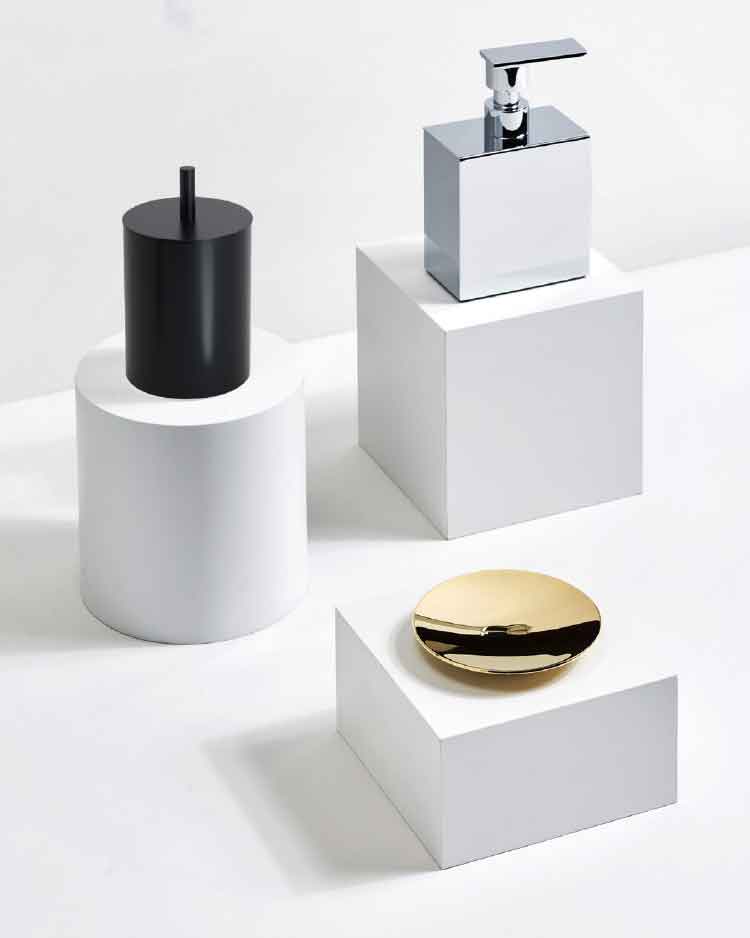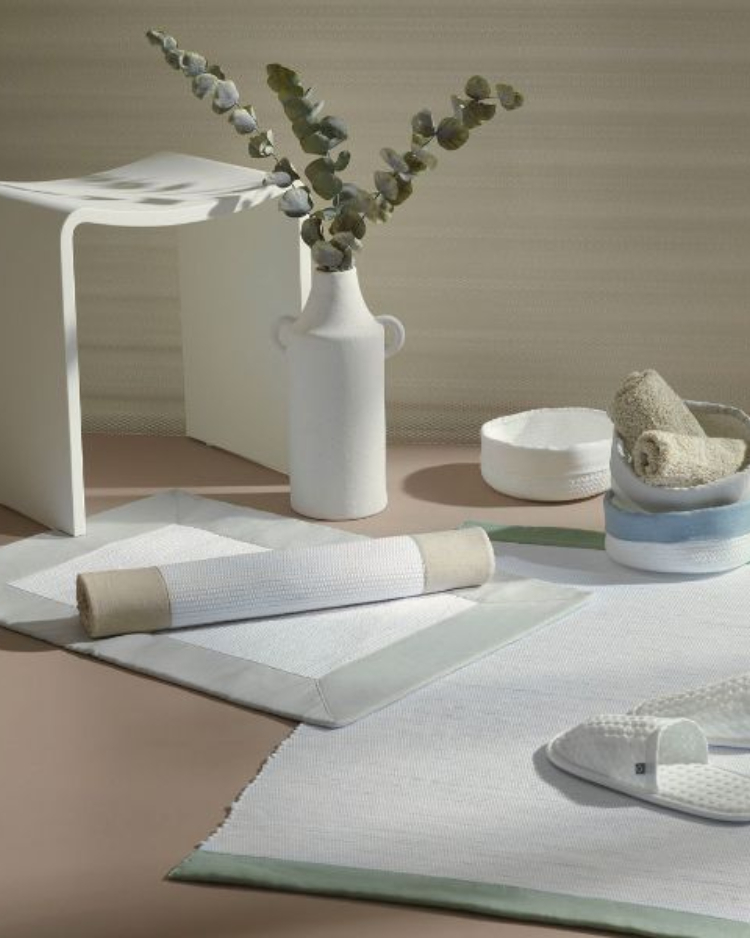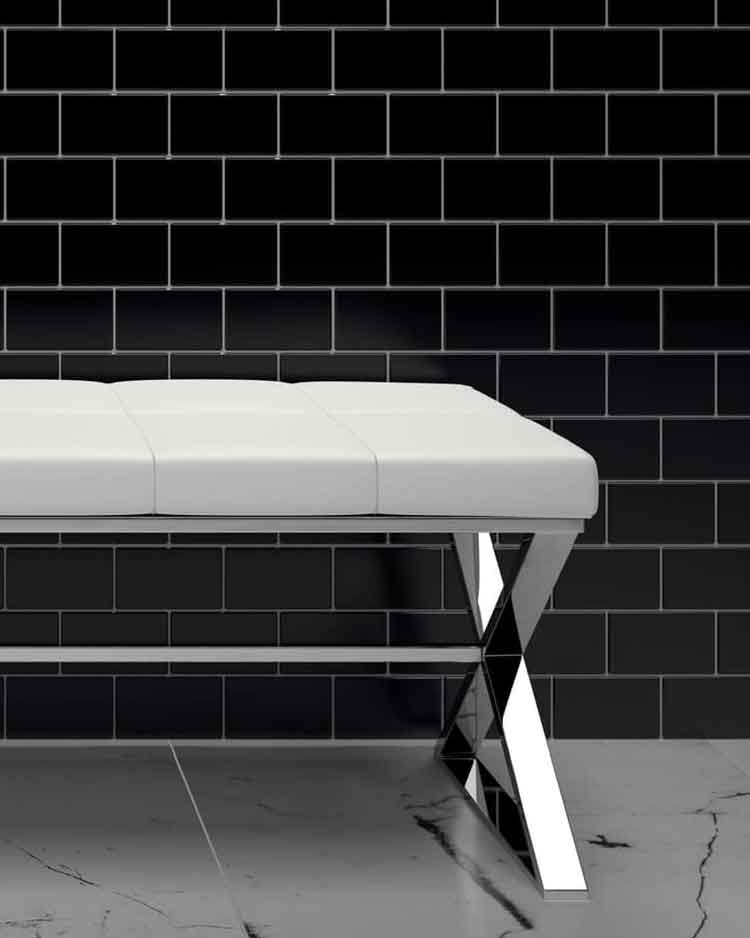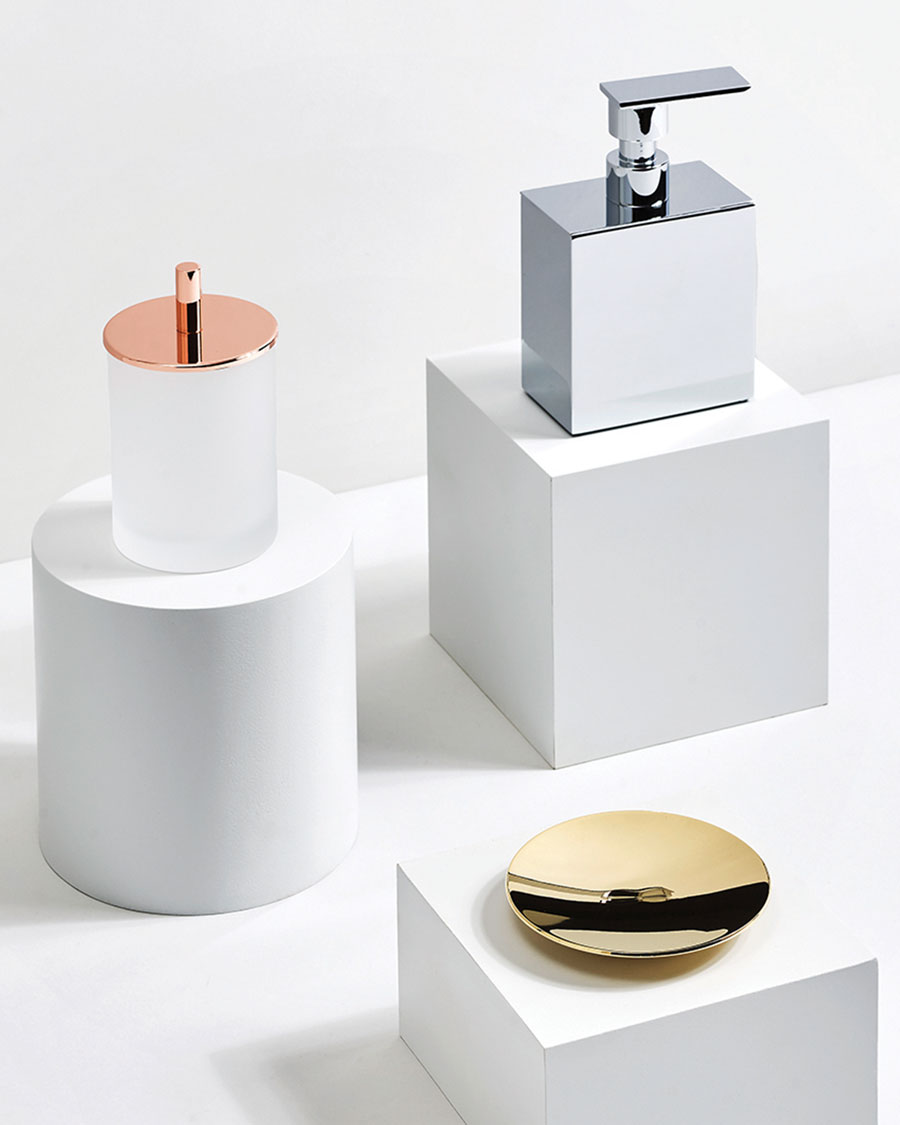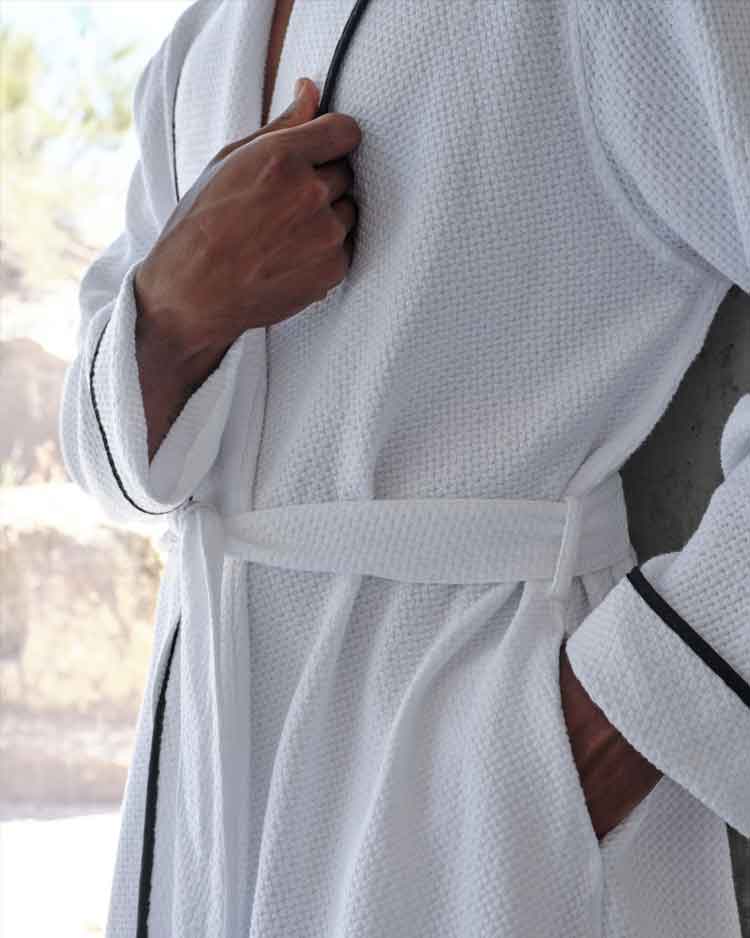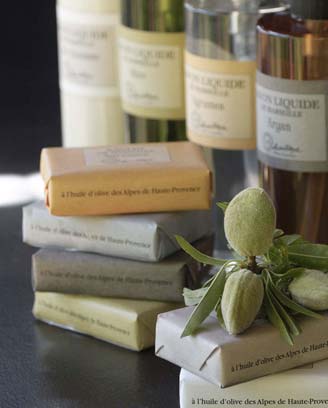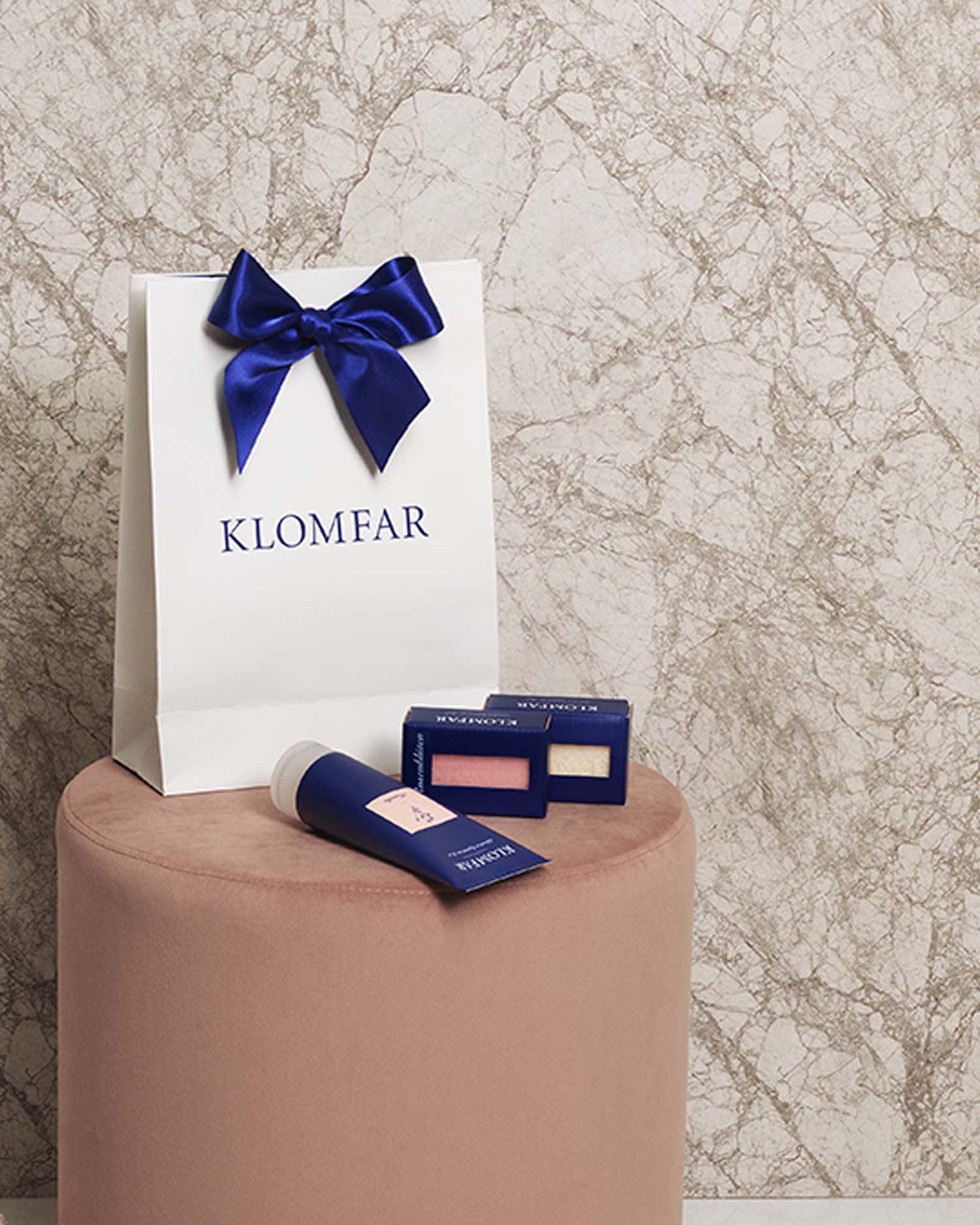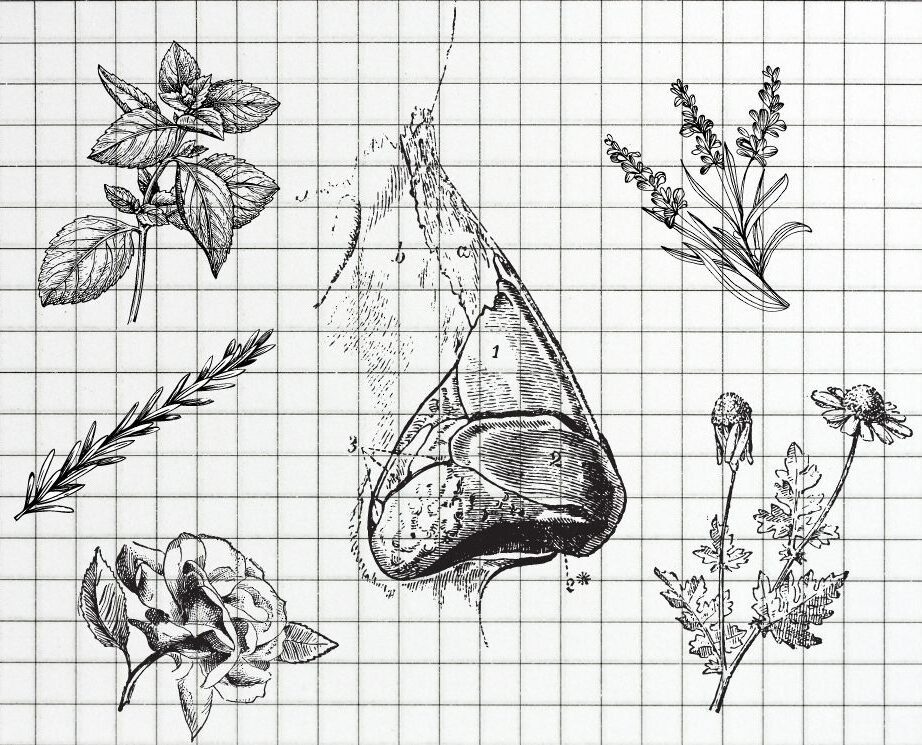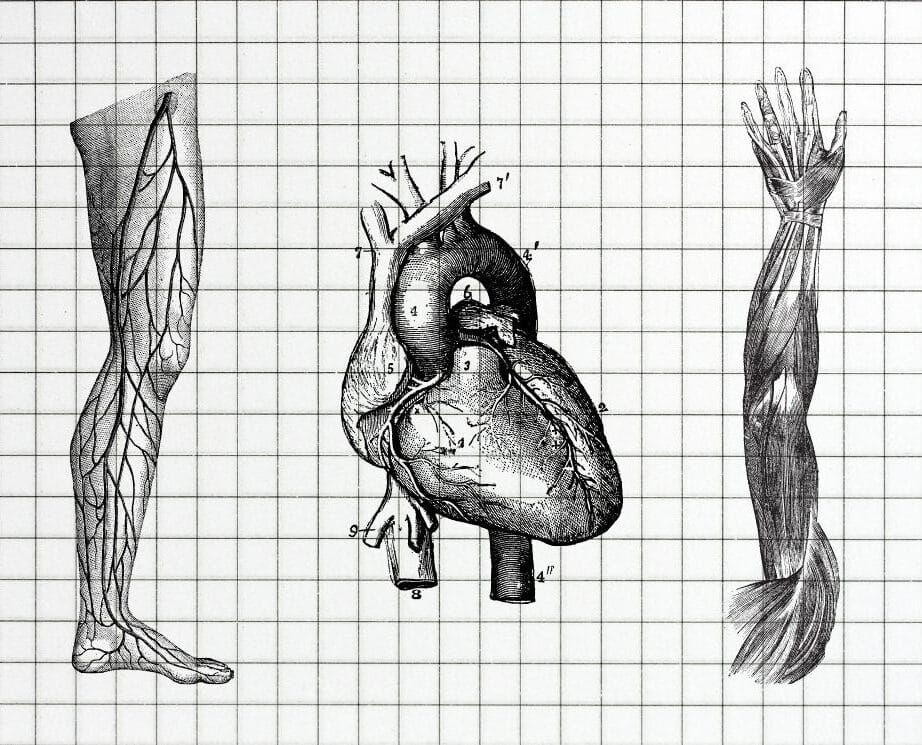Fans of bathing have known it for a long time anyway: nothing feels as good as sinking into warm water up to the tip of your nose, surrounded by the bubbles of a fragrant bubble bath. If your favorite playlist is playing softly in the background and you have a good book with you, the bliss in the tub is perfect. But is bathing healthy?
What happens in the body when you bathe?
The sense of well-being that many people feel when bathing is partly due to evolutionary reasons. Even in the womb, a person swims in amniotic fluid – a time that is subconsciously associated with security and safety. In addition, the hydrostatic buoyancy lightens the body. This means that muscles and joints are immediately relieved. This is a very good thing, especially for sore or tense muscles.
We feel the pleasant warmth via the tactile corpuscles in the skin. The nose picks up the odors of the bath additive and transmits them to the brain. If you choose
essential oils as a bath additive
you can also use them to control the effect of the bath (stimulating, relaxing, stabilizing).
But a bath also has a medical effect. The heat expands the blood vessels and stimulates blood circulation. The blood is also distributed differently and reaches the lungs and heart more easily. Kidney activity also increases. Because the body’s core temperature rises in hot water, a kind of artificial fever is created. This in turn gives the immune system a boost.
The body’s largest organ, the skin, also benefits. Depending on the bath additive, different effects can also be achieved here. Chamomile helps to reduce inflammation, rosemary promotes blood circulation, whey or vinegar stabilize the skin’s protective acid mantle and inhibit the growth of bacteria. During a bath, the blood sugar level drops and the metabolism is stimulated.
